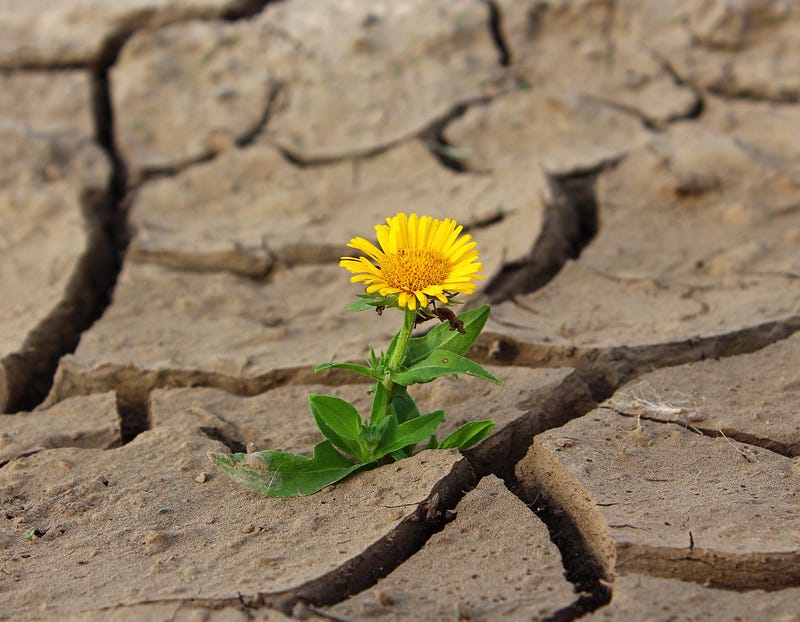Exploring the Benefits of a Month Without Alcohol
Written on
Chapter 1: The Concept of a Dry Month
Recently, I stumbled upon the idea of "Dry January" through social media and a lighthearted comment from a colleague during a conference call. Although I never set out to make my January alcohol-free, I did attempt to alter my long-standing evening routine of enjoying a drink. For many years, I had a habit of having a small beer after my run, followed by a couple of glasses of wine.
Initially, my goal wasn’t deeply rooted in any significant issues; I believed my drinking was harmless. I often take pride in my running routine, clocking in around eighty miles weekly, and I maintain a nutritious diet. However, I frequently encountered articles and anecdotes championing sobriety, with some even criticizing alcohol use. One particular story grabbed my attention: it suggested that if you’re questioning your relationship with alcohol, you may already have a problem. I found this notion frustrating, as it seemed overly generalized.
In a moment of resolve, I decided to quit drinking entirely. I refrained from my usual evening drinks, opting instead for something healthier. One Sunday in November, after a long twenty-mile run, I chose a glass of electrolytes rather than beer. This small change helped curb my cravings, and I started enjoying green tea with my meals.
Over the following weeks, I didn't experience withdrawal symptoms. A half-full bottle of Chardonnay remained untouched in my fridge for weeks until I eventually disposed of it. I found new routines, primarily centered around tea, that eased the transition without discomfort. By the time I finished dinner and tea, I often felt satisfied enough to forego anything else.
There were noticeable perks to my decision. My mind felt clearer, though I noticed a dip in my creativity; I tend to write more fluidly after a glass of wine. However, the most significant realization was that I didn’t have an addiction.
After several weeks of abstaining, I began to entertain the thought that I might not drink again. However, during the holidays, I enjoyed a few drinks with my wife and friends, which was genuinely pleasurable. Yet, I also went extended periods without alcohol, allowing myself wine on a few chilly nights post-run. It's worth noting that nothing quite refreshes like a cold beer after a hot run, even if it's not the most medically hydrating option.
Ultimately, my experiment didn’t lead to drastic changes but did help me cut back on my drinking frequency. Starting today, I plan to remain "dry" for at least a week as I prepare for a marathon next Sunday, aiming to optimize my nutrition.
The takeaway is that a month of sobriety can serve as a powerful catalyst for habit transformation. It's not merely about lofty goals or resolutions; it's about appreciating moderation and gaining a sense of control over one's choices. So, if you haven't participated in Dry January, why not consider a dry February instead?

Chapter 2: Life-Changing Reasons for a Month Without Alcohol
The first video discusses the transformative effects of abstaining from alcohol for a month, especially for those over 50. It highlights five compelling reasons why taking on "Dry January" can be life-changing.
Chapter 3: Embracing a Month of Sobriety
The second video chronicles the experience of going a month without alcohol, showcasing the challenges and benefits that come with this commitment. It provides personal insights and encouragement for anyone considering a similar journey.